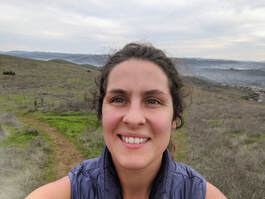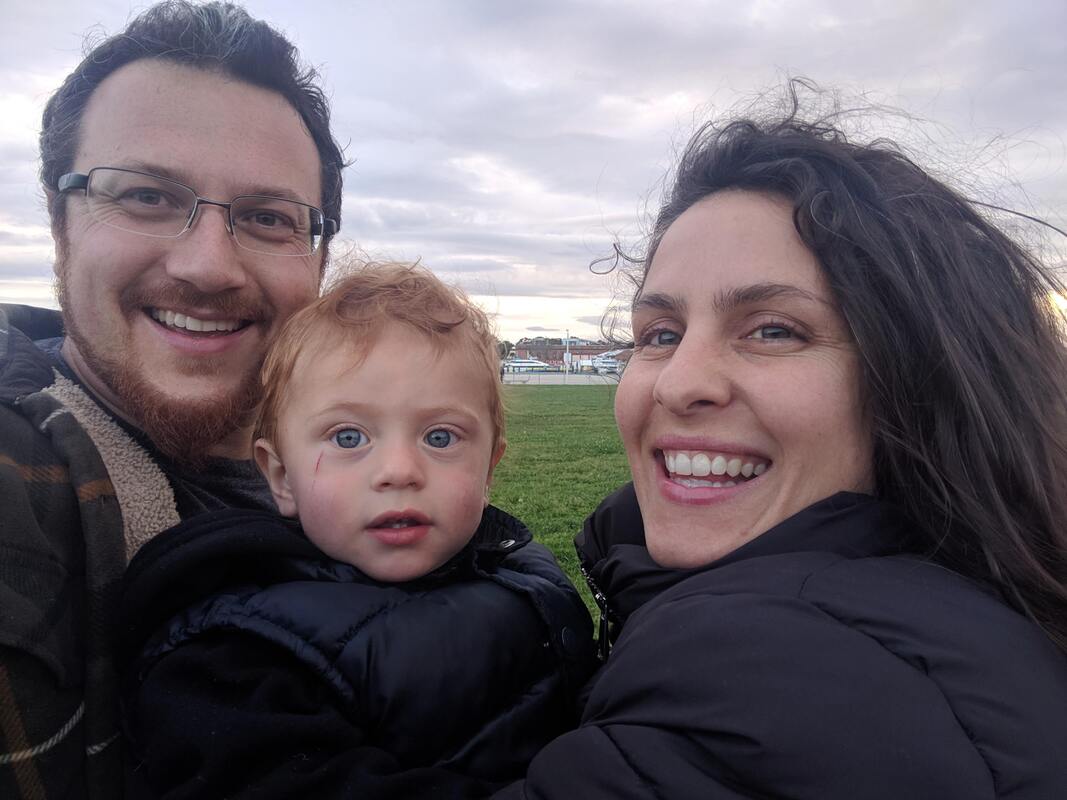 "Nature itself is the best physician.” – Hippocrates There’s something about time spent in nature that makes us feel better. I’m sure you’ve experienced it. Whether it’s a quick stroll around the block, stopping to watch the rustling leaves of a nearby tree, or marveling at the view on a hike, being in nature makes us feel restored. It clears our mind and helps remind us that we’re a part of something bigger than ourselves. Time in nature is time spent outside of our various four walls and away from our multiple screens. It gives us a break from the rush of our daily lives, fosters presence and inspires awe. There is abundant research that confirms the profoundly healing and restorative effects of nature on our mind and body. Exposure to nature:
A new meta-analysis compiling evidence from over 140 studies involving more than 290 million people from 20 countries found that spending time in, or living close to, natural green spaces: reduces the risk of type II diabetes, cardiovascular disease, premature death, preterm birth, and increases sleep duration. The research on Japanese “forest bathing” suggests that health-boosting effects of being around trees (like reduced levels of cortisol, reduction in blood pressure and improved immunity) could be explained by phytoncides -- organic compounds with antibacterial properties -- released by trees. Whether it’s the arena for physical activity that nature provides, mindfulness that it inspires, community it connects us to or microbes and plant compounds that it exposes us to, the research is clear: nature heals. And the beautiful thing is that it doesn’t take long. Another recent study reveals that just 20 minutes of contact with nature is enough time for significant decreases in cortisol. Humans flourish in nature. And this is especially true for our children. As Richard Louv writes in Last Child in the Woods, time in nature is an essential investment in our children’s health (and our own). All of us, especially children, are spending more time indoors, which makes us feel alienated from nature and more vulnerable to negative moods and reduced attention spans. Nature-Deficit Disorder (NDD) may not be a recognized medical condition, but it’s pervasive as our rates of screen time continue to rise. As with most healthy habits, they start in childhood. It’s even more important that we inspire a love for nature while children are young so they can develop into thriving adults. Perhaps it would inspire these younger generations to be better stewards of the land to boot! With the winter solstice behind us we know that longer days are ahead. Go outside today and rediscover that sense of wonder that nature provides. And share it with all of the kids in your life. Prescribe yourself with nature and feel restored. The beautiful thing about it is that you don’t have to go hike to a mountain peak. Any green space provides benefits to our mental and physical well-being. Whether it’s the quiet corner with a tree, neighborhood park, vegetable garden, or a peaceful place with a view of the sky and clouds above, nature is available to us all and it patiently waits.
2 Comments
Joanie
12/22/2019 10:56:08 am
This is probably why we want to be up where there are lots of trees & trails. But I find purpose and clarity just walking my dog around the neighborhood too. I like that it just takes 20 minutes to expert the benefits.
Reply
Andie
12/22/2019 10:42:15 pm
Reply
Leave a Reply. |
AuthorHello and welcome! My name is Andrea Notch Mayzeles. I am a Certified Health Education Specialist, Mom, and Master of Public Health dedicated to the path of well-being. As a wellness professional I am committed to continued learning and am here to share research, recipes and musings on health, psychology, personal development, and parenting. I hope you enjoy! Categories
All
|


 RSS Feed
RSS Feed